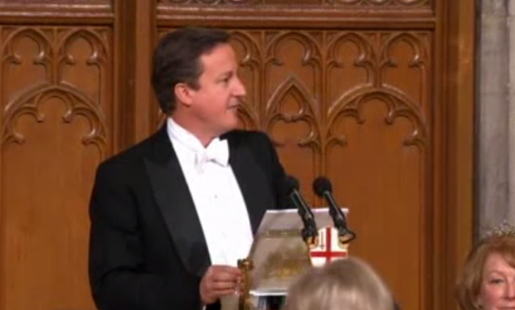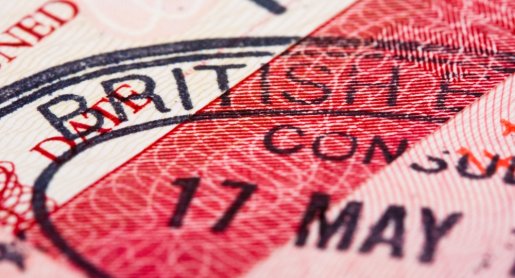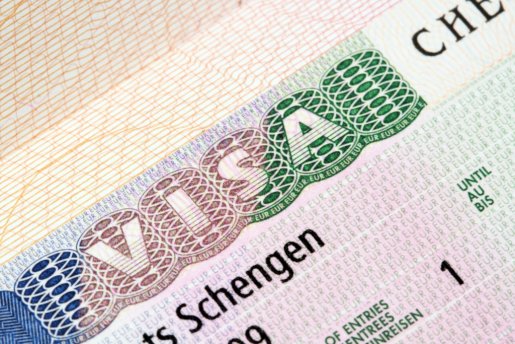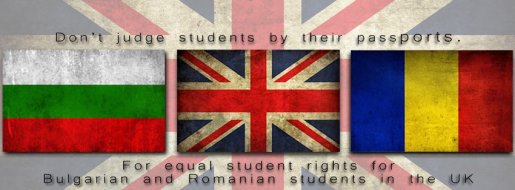Amidst predictions that international student applications are falling, the latest attack on the government's stance on student visas has come from Universities UK chief executive Nicola Dandridge.
The latest figures from UCAS show that non-EU undergraduate applications for this year have increased by 0.8% on last year. Whilst this may not sound like a problem, the average increase has been 7% every year since 2007, meaning that international student numbers have been hit. Similarly, figures show that the number of Indian students applying to UK universities has fallen by 9%- a figure expected to rise to 25% by the end of this year.
More worryingly, the Office for National Statistics revealed in November that the number of student visas issued in 2012 had fallen by 26% compared to previous year.
Student visas have been a hot topic in Britain for the past few years, with politicians promising to tighten regulations to ensure fake students cannot cheat the immigration system. Along the way, it has become commonplace for high profile politicians to use phrases like "bogus students" whilst promising an aggressive clamp down on visas.
It is rhetoric like this that Nicola Dandridge believes is putting off prospective international students:














